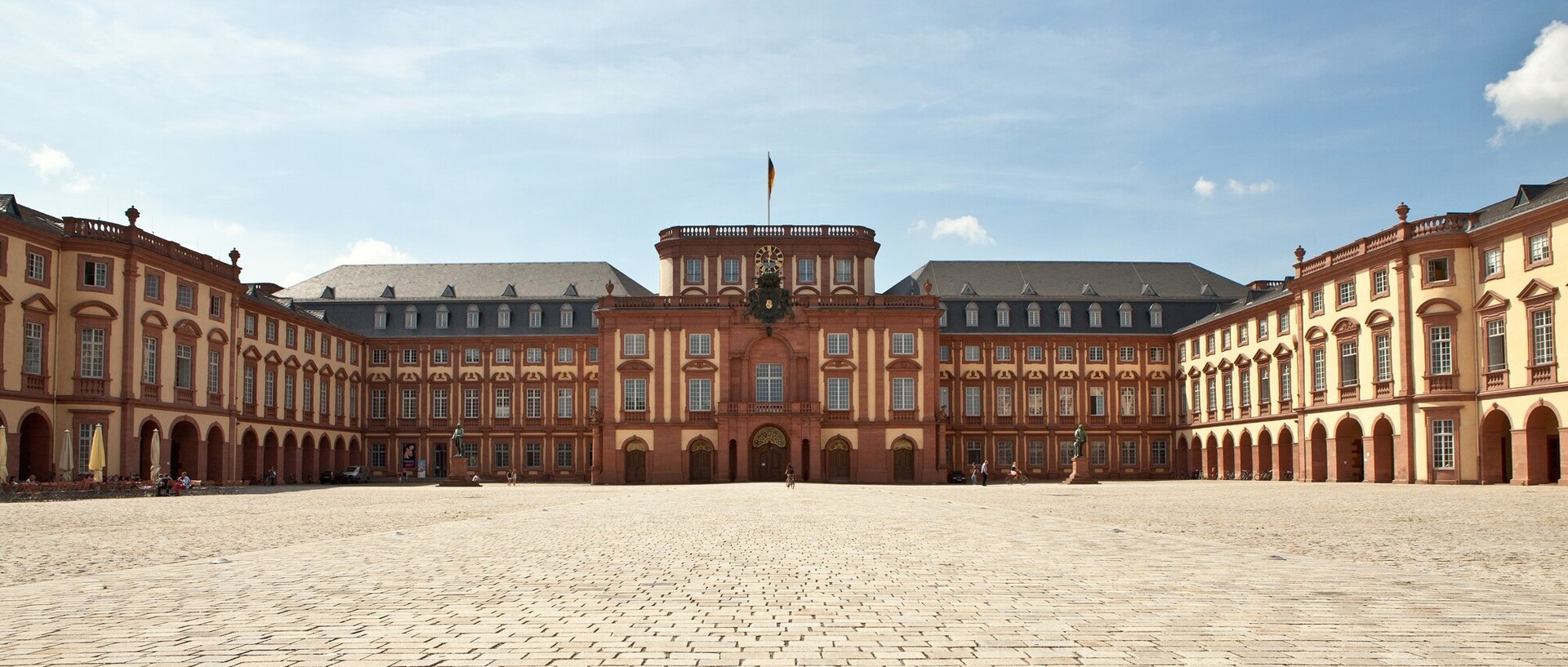Long-term research strategy
Understanding societal resilience in times of crises
The MCCR will be a long-term collaborative platform to study societal resilience on the individual level (in both a household and political context) and its complex interaction with policies and institutions in times of crises. To gain a deep and comprehensive understanding of these interactions, researchers from different disciplines need a long-term collaborative platform. Based on such a platform, they can develop innovative methods inspired by the latest developments in data science and make use of these methods to answer pressing substantive questions on societal resilience.
Novel and better research instruments
Such an intensive, long-lasting multidisciplinary collaboration based on overlapping, complementary research questions and usage of data sources and methods will not only yield a gain in knowledge on societal resilience. It will also lead to increasing the quality and availability of research instruments to study resilience. The production of knowledge and research instruments by these collaborative efforts will strongly exceed the sum of research outputs by individual, solitary projects which focus on particular aspects of societal resilience.
Multidisciplinary collaboration
The MCCR will foster multidisciplinary research on the relationship between resilience of individuals in a household and family context, their role as citizens in democratic policy making, and the development of policies and institutions for resilient societies in times of crises by deliberate collaboration between projects areas A, B, C and D over time.
Collaboration over time
During the first years, MCCR projects will focus on the resilience of specific actors and policies during specific crises. Then, the focus will increasingly move towards analyzing the interaction of multiple heterogeneous crises and their effects on resilience on various societal levels. Ultimately, we will study the effect of multiple, heterogeneous crises on the interaction of policies and societal actors and their resulting resilience in different societal spheres which critically shapes the resilience of society as a whole.
To achieve such a comprehensive explanation of societal resilience, projects will initiate early collaboration across project areas, intensifying multidisciplinary research over time, and ultimately aim for interdisciplinary collaboration. The long-term goal of the MCCR is to study the interaction of institutions and policies (area D) with resilience on the individual level in both the sphere of health, decision-making, and well-being (area B) and in the political sphere as democratic citizens (area C). Finally, the interactions between all three spheres in times of crises and their implications for resilience will be studied comprehensively.
Research sprints
The MCCR will continuously monitor societal developments to identify crisis situations which require explanation and, at the same time, offer promising research opportunities. Like the Mannheim Corona Study in 2020 (https://www.uni-mannheim.de/en/gip/corona-study/), the MCCR will assemble researchers in special research sprints (a discussion of our research-sprint concept follows below) to examine crisis situations. With its advanced research methods, the MCCR will contribute to explaining crisis situations more quickly and in more detail taking into account the highly dynamic development and heterogenous effects of crises.
Ultimately, a better understanding of crisis situations will enable more effective policy responses that increase societal resilience. In anticipation of crisis-laden times ahead where challenging situations meet limited resources, research in this direction is of great relevance.
